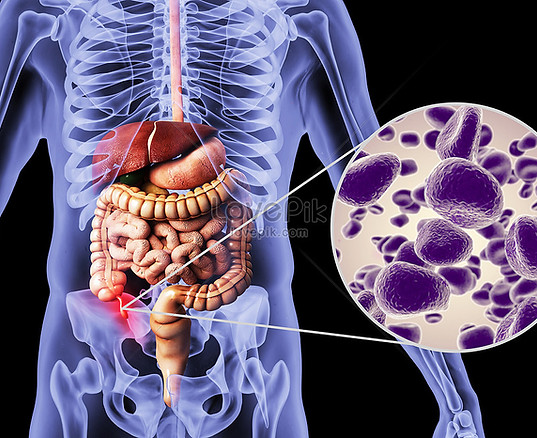Your Trusted Appendicitis Doctor in Rajahmundry
What is Appendicitis
Appendicitis is a condition that occurs when the appendix, a small finger-shaped organ attached to the large intestine in the lower right abdomen, becomes inflamed and filled with pus. It is a medical emergency that requires prompt diagnosis and treatment to prevent complications such as a ruptured appendix, which can lead to a potentially life-threatening infection.

Symptoms of Appendicitis
The symptoms of appendicitis can vary from person to person, but some of the common symptoms include:
-
Pain in the lower right abdomen that starts suddenly and becomes severe
-
Loss of appetite
-
Nausea and vomiting
-
Swelling and tenderness in the abdomen
-
Fever and chills
-
Diarrhea or constipation
-
Inability to pass gas
-
Painful urination
If you experience any of these symptoms, it is important to seek medical attention immediately as untreated appendicitis can lead to serious complications.
Causes of Appendicitis
The exact cause of appendicitis is not always clear, but it is believed to occur when the appendix becomes blocked, often by stool, foreign objects, or swollen lymph nodes. This blockage can lead to inflammation and infection, causing the appendix to fill with pus and swell. In some cases, appendicitis may be caused by a viral or bacterial infection, trauma to the abdomen, or a gastrointestinal disorder. There may also be a genetic component to the development of appendicitis.


Treatment
-
The treatment for appendicitis typically involves surgical removal of the appendix, a procedure called an appendectomy. In cases where the appendix has not yet ruptured, a laparoscopic appendectomy may be performed, which involves making small incisions in the abdomen and using a small camera and specialized instruments to remove the appendix. In cases where the appendix has already ruptured or there is a risk of rupture, an open appendectomy may be performed, which involves making a larger incision in the abdomen to remove the appendix. Antibiotics may also be prescribed to treat any associated infection. In some cases, if the diagnosis is uncertain or if the symptoms are mild, the doctor may choose to observe the patient for a period of time to see if the symptoms resolve on their own.
